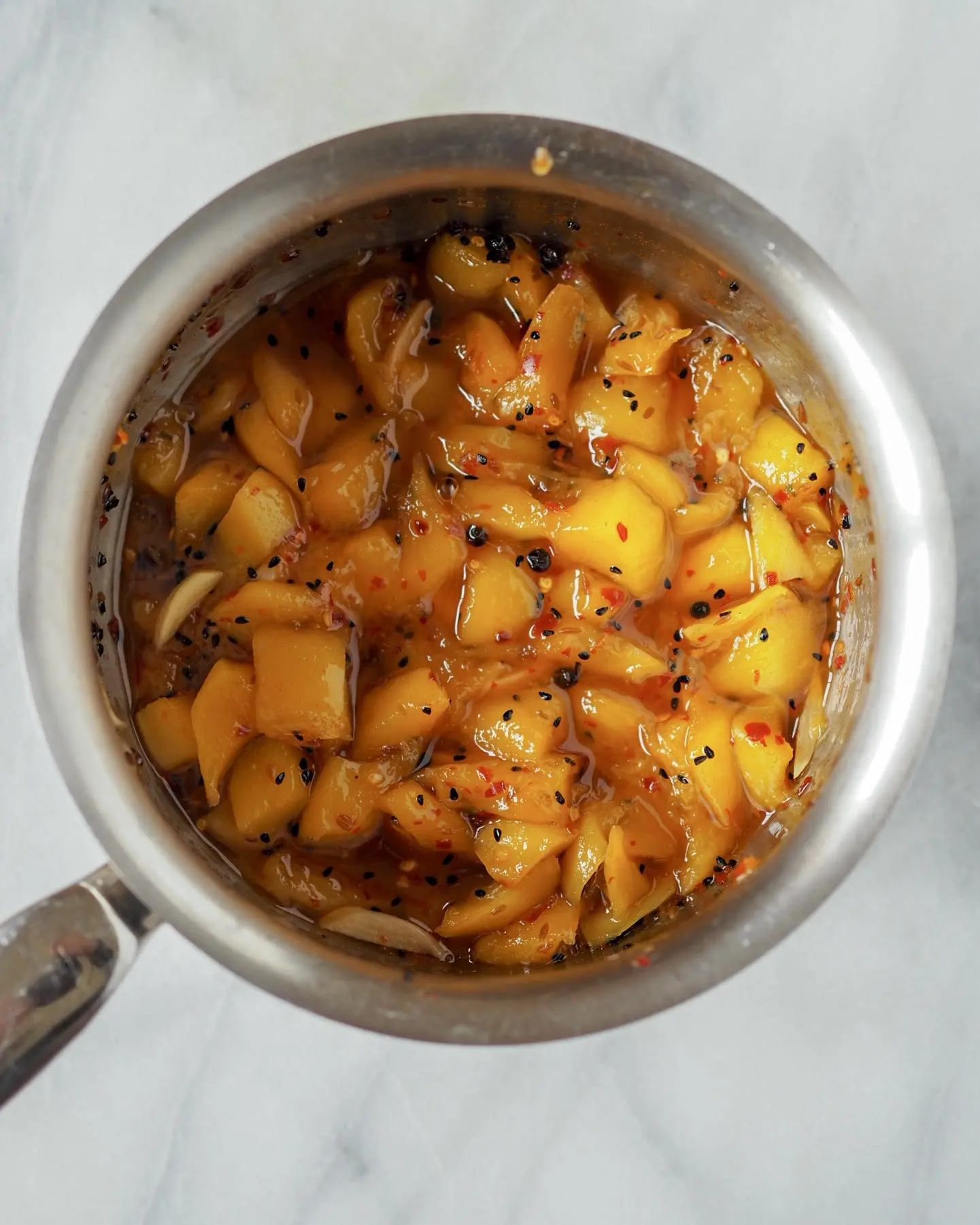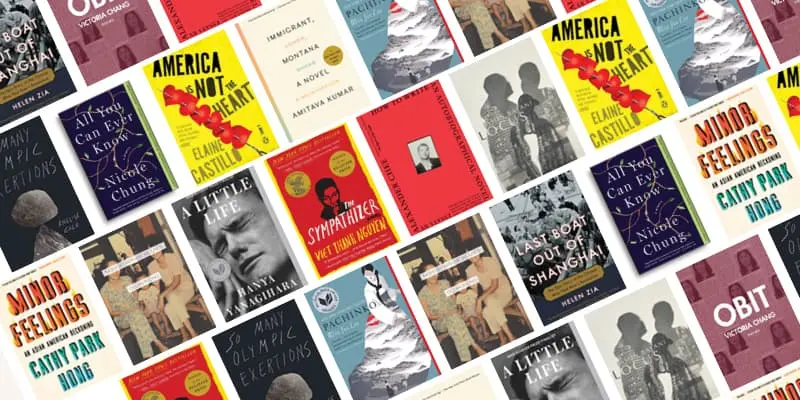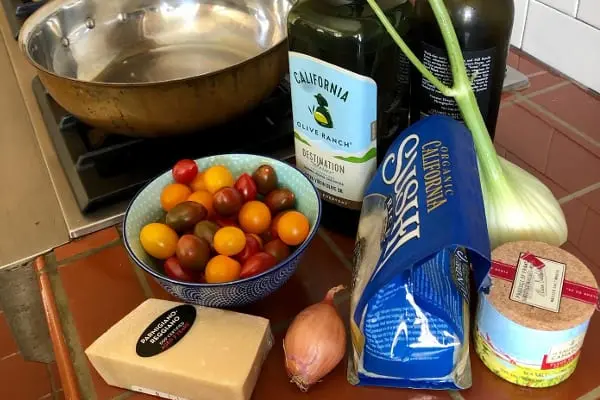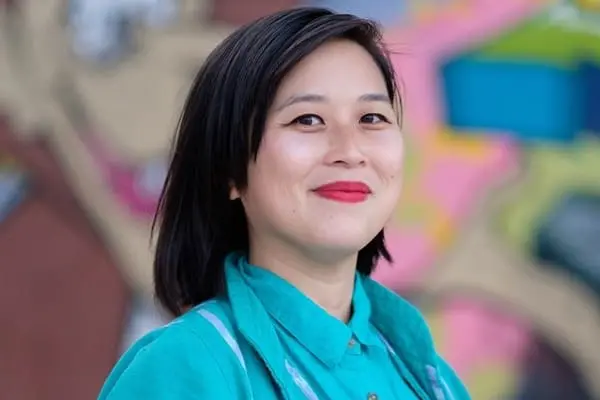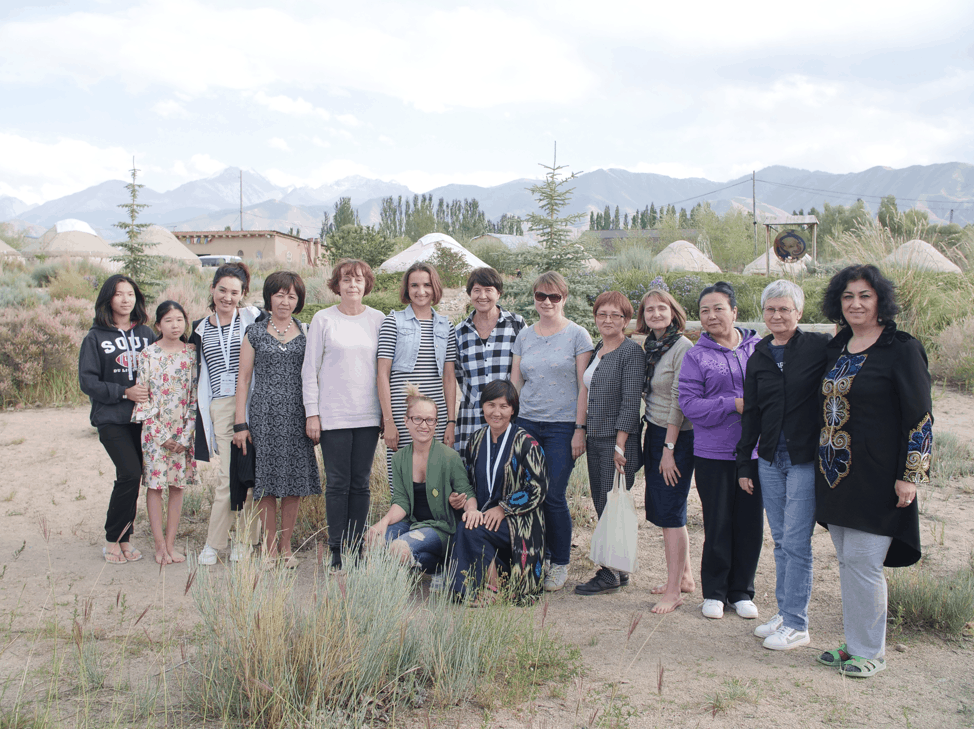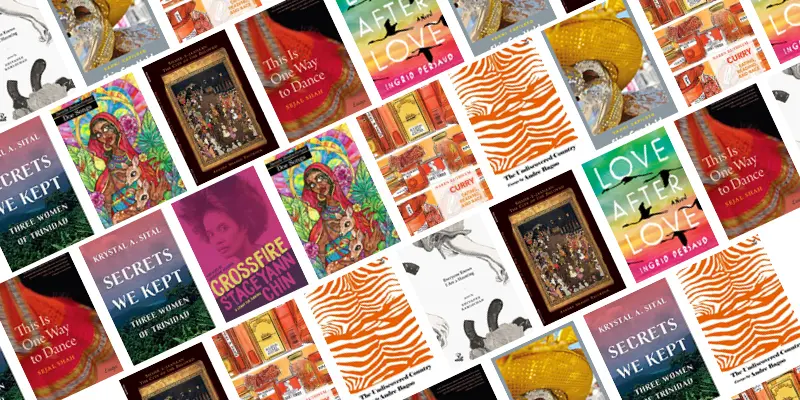
This week’s reading list is the product of a collaboration between PEN America and Kaya Press, a book publisher dedicated to advancing the most challenging, thoughtful, and provocative literature being produced throughout the Asian and Pacific Island diasporas. The selections below were curated by Kaya Press author Rajiv Mohabir, who received the PEN/Heim Translation Fund Grant for his groundbreaking translation of Lalbihari Sharma’s I Even Regret Night: Holi Songs of Demerara (Kaya Press, 2019). He is also the author of the poetry collections The Taxidermist’s Cut (Four Way Books, 2016) and The Cowherd’s Son (Tupelo Press, 2017), and has been awarded the Kundiman Poetry Prize and the 2015 AWP Intro Journal Award.
This reading list is a continuation of our efforts to amplify Asian American voices in literature, in honor of Asian Pacific American Heritage Month. Rajiv’s list features books from the Asian Americas, and invites us, as we close out the month of May, to reexamine “Asian American” as a complicated category, the boundaries of which still continue to grow and shift.
The word “America” is fraught. Ask anyone from South America or the Caribbean, and they will say something about the United States not being “America,” and about being overlooked for inclusion in discussions around who exactly is American. Who is Asian American? For this APA Heritage Month, I wanted to list some books by brown and black authors from the Asian Americas with complicated immigration stories—not just writers who (or whose parents) are recent immigrants from Asia.
Focusing mainly on Trinidad and Tobago, as well as including some voices from Jamaica, Canada, and the United States, this list does not represent the diversity of the Asian Americas in its totality. Yet, each of these books contributes to and deepens the conversations around national inclusion, U.S. hegemonies, racial reckoning, mental health, and sexuality—showing how the boundaries of the Asian Americas extend to fit its own identity markers.
The Undiscovered Country, Andre Bagoo (forthcoming, September 2020)
Peepal Tree Press
This essay collection by Trinidadian artist, journalist, poet, and critic Andre Bagoo connects art and politics, provoking the reader to understand the historical/literary figure (Walcott, Gunn, and Naipaul, just to name a few) in new framings, jumping from erasures, to essays in verse, to criticism.

Doe Songs, Danielle Boodoo-Fortuné (2018)
Bookshop | Amazon
Winner of the 2019 OMC BOCAS Prize, this collection of poems—which includes the author’s own illustrations—provides an insight into the poet’s heart, which is both human and animal. Rooted in rural Trinidad, the speakers’ folk knowledge illuminates the connections between the human and the (super)natural.

Skin Can Hold, Vahni Capildeo (2019)
Bookshop | Amazon
The latest from Trinidadian-British poet Vahni Capildeo, this hybrid text constructs an interesting world in which the speakers react to writers and thinkers that have come before, from Walter Benjamin to Shakespeare. It is intertextual and textured, clearly written by a poet of vision.

Crossfire: A Litany for Survival, Staceyann Chin (2019)
Bookshop | Amazon
Crossfire is Staceyann Chin’s first collection of poetry, spanning a long career of LGBTQ+ activism and spoken word performance. This book brings the poet’s treatise on gender, race, national origin, and sexuality onto the stage where the speaker lives at the various intersections of complication.

Love After Love, Ingrid Persaud (forthcoming, August 2020)
Bookshop | Amazon
Forthcoming novel Love After Love imagines queer kinships in a homophobic matrix where hearts are changed and connections between people are celebrated. After Betty Ramdhin’s abusive marriage ends with her partner’s death, she takes up living with Chetan, a man that her son suspects of being queer. Daring and brutal, this novel charts new territory in Asian Caribbean literature—its characters give and receive love in all its incarnations.

Everyone Knows I Am A Haunting, Shivanee Ramlochan (2017)
Bookshop | Amazon
This book of poems calls down the spirit in an unflinching examination of the world around the queer, woman speaker. A text haunted by Caribbean folklore, misogyny, and trauma, this volume is exceptional in its testament to the various speakers’ survival.

Curry: Eating, Reading, and Race, Naben Ruthnum (2017)
Bookshop | Amazon
In this slim volume, Canadian writer Naben Ruthnum tackles the “authenticity” of the dish that many people call curry. Cultural and literary criticism encounter the history of the colonial and the culinary, producing a work of nonfiction—complete with various, conflicting recipes—that asks for more complicated questions instead of the simple and reducible.

This Is One Way to Dance, Sejal Shah (forthcoming, June 2020)
Bookshop | Amazon
In her highly-anticipated debut memoir as collection-of-linked-essays, Sejal Shah writes through understanding herself as Asian American and the particularities of being brown and thusly raced in a United States that renders her illegible. With the overarching metaphor and manipulation of genre throughout the collection, Shah dances her way through the fluidity of the labels that she claims.

Secrets We Kept: Three Women of Trinidad, Krystal Sital (2018)
Bookshop | Amazon
A multigenerational memoir written in English and in Trinidadian Creole English, Secrets We Kept: Three Women of Trinidad follows the lives of the author’s grandmother, mother, as well as her own to elucidate the complications of surviving poverty, domestic violence, and racism.

Shahr-e-jaanaan: The City of the Beloved, Adeeba Shahid Talukder (2020)
Bookshop | Amazon
Winner of the Kundiman Poetry Prize, this collection recites its verses with heart and through the complications of mental health, sexuality, and the Divine. The speakers in this collection grapple with poetic and spiritual inheritances, rewriting both into a city of musical poetry where the Beloved is a fierce reminder for the speaker’s own humanity.


